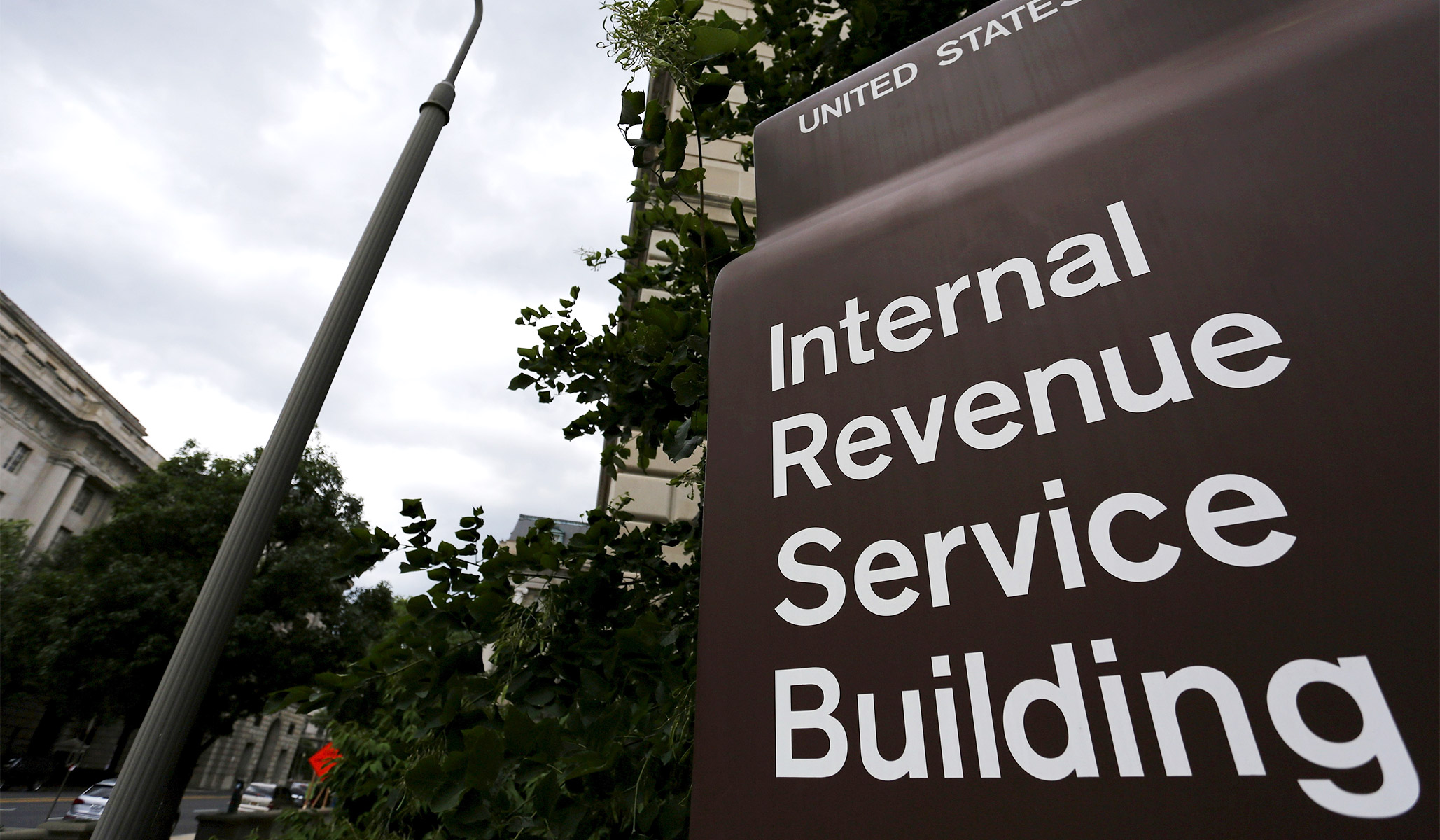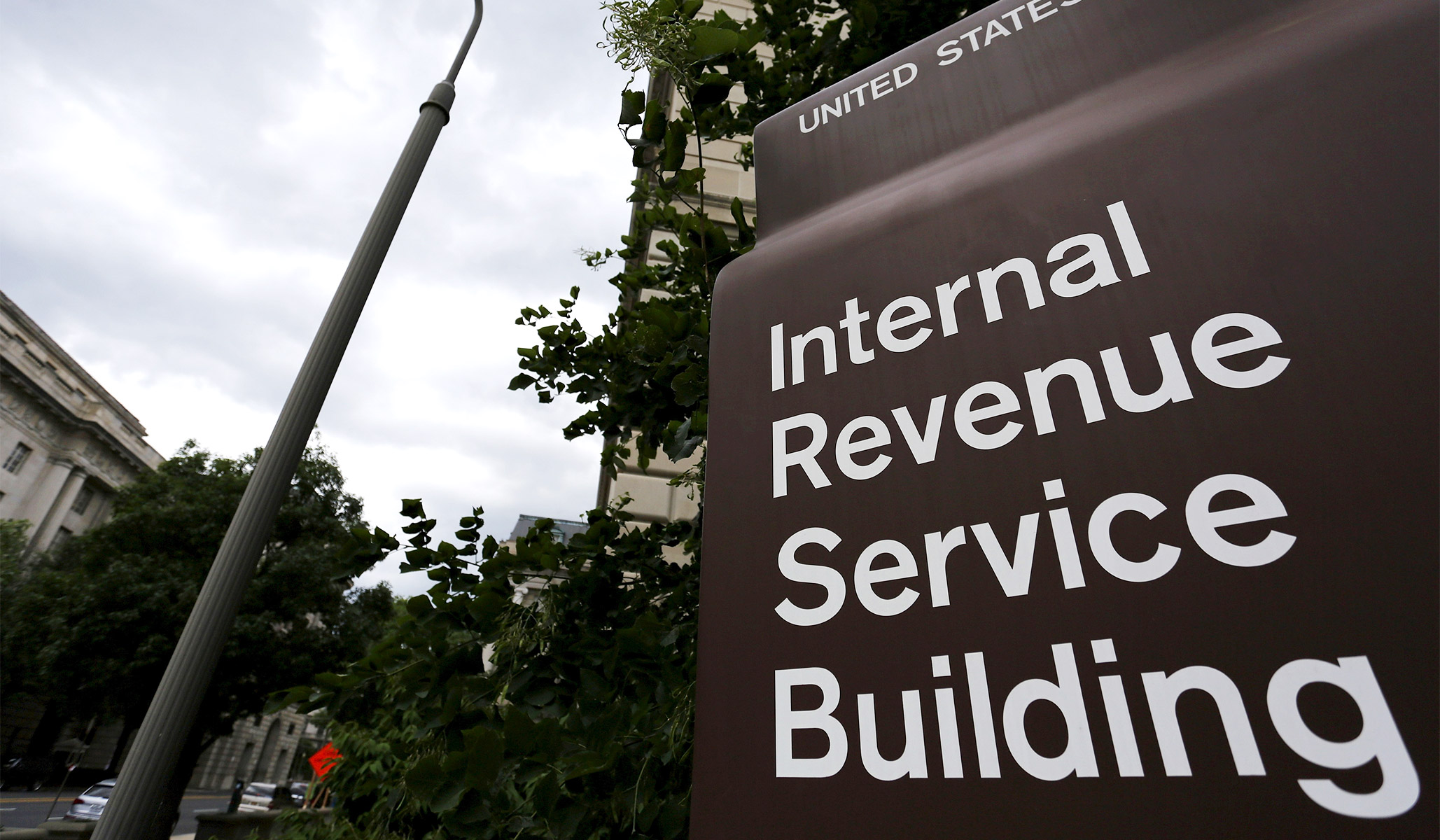
Here’s yet another example of why “fact-checking” is the most dishonest form of journalism.
To try and find an additional $7 trillion in taxes over the next decade, Joe Biden is floating a plan that would empower the IRS to access any account with $600 in gross transactions (Democrats upped the number to $10,000 this week, after considerable blowback.) In addition to more IRS oversight — scooping, spying, ferreting out, keeping tabs, what have you — Biden also proposed doubling the amount of IRS agents and funding the agency six times its present budget. The Washington Post’s Salvador Rizzo says Republican complaints about the policy are untrue.
First of all, I couldn’t help noticing that the second paragraph of the fact-check gives away the game:
After Democrats watered down his proposal in response to Republican concerns, GOP senators nonetheless took turns describing it as an unprecedented invasion of privacy.
Is he kidding? Democrats watered down the proposal because of public response to an unprecedented expansion of IRS power. At least seven House Democrats reportedly opposed the idea, and there were likely others. Democrats have never once even feigned to care about GOP opposition to any part of the reconciliation bill. The contention that Pelosi or Biden or Schumer are placating Republicans or scaling back proposals because of GOP objections is worthy of ten Pinocchios. This is a unilateral partisan effort.
Rizzo also accepts the Democrats’ premise that the bill is aimed at the wealthy (if this were so, Biden wouldn’t have targeted Americans with less than $1,000 in their accounts) and dismisses concerns that the IRS, an agency that can audit your every transaction going back years, would ever pry into your life. He not only links to an administration document to bolster this case, he deputizes a partisan liberal at the Center for Budget and Policy Priorities to call Republican comments “fabrications.” Now, it’s possible, though unlikely, that I’ve somehow missed a Washington Post fact-check that gave Grover Norquist the ability chime in on liberal tax policy.
Anyway, there is no fabrication. Senator Mike Crapo questioned whether there was “need to create a mechanism where the people of America have to give up their privacy on all of their financial transactions.” Senator John Kennedy said that the IRS would be privy to “intimate financial details,” which is the entire point of the bill. Senator Pat Toomey pointed out that Americans would “give all kinds of personal, private information about American citizens to the same IRS that famously discriminated against conservative organizations seeking tax-exempt charters?” Also true.
The Post fact-checker concedes that the IRS has trouble tracking all income sources, and then spends time reiterating why Democrats support expanding the agency’s power to see virtually all transactions, as if having a reason for it somehow undercuts or debunks the claims of critics. Rizzo’s semantic problems with the Republican use of words such as “intimate” or “personal” or “privacy” are subjective — and he is welcome to those opinions. But he doesn’t provide an impartial test of accuracy. He merely creates the impression that Republicans are misleading the public because they employ a tone he dislikes. That’s not a fact-check. That’s an opinion column.

